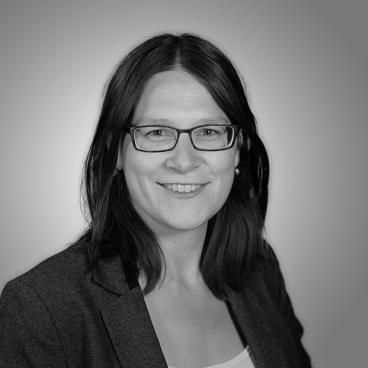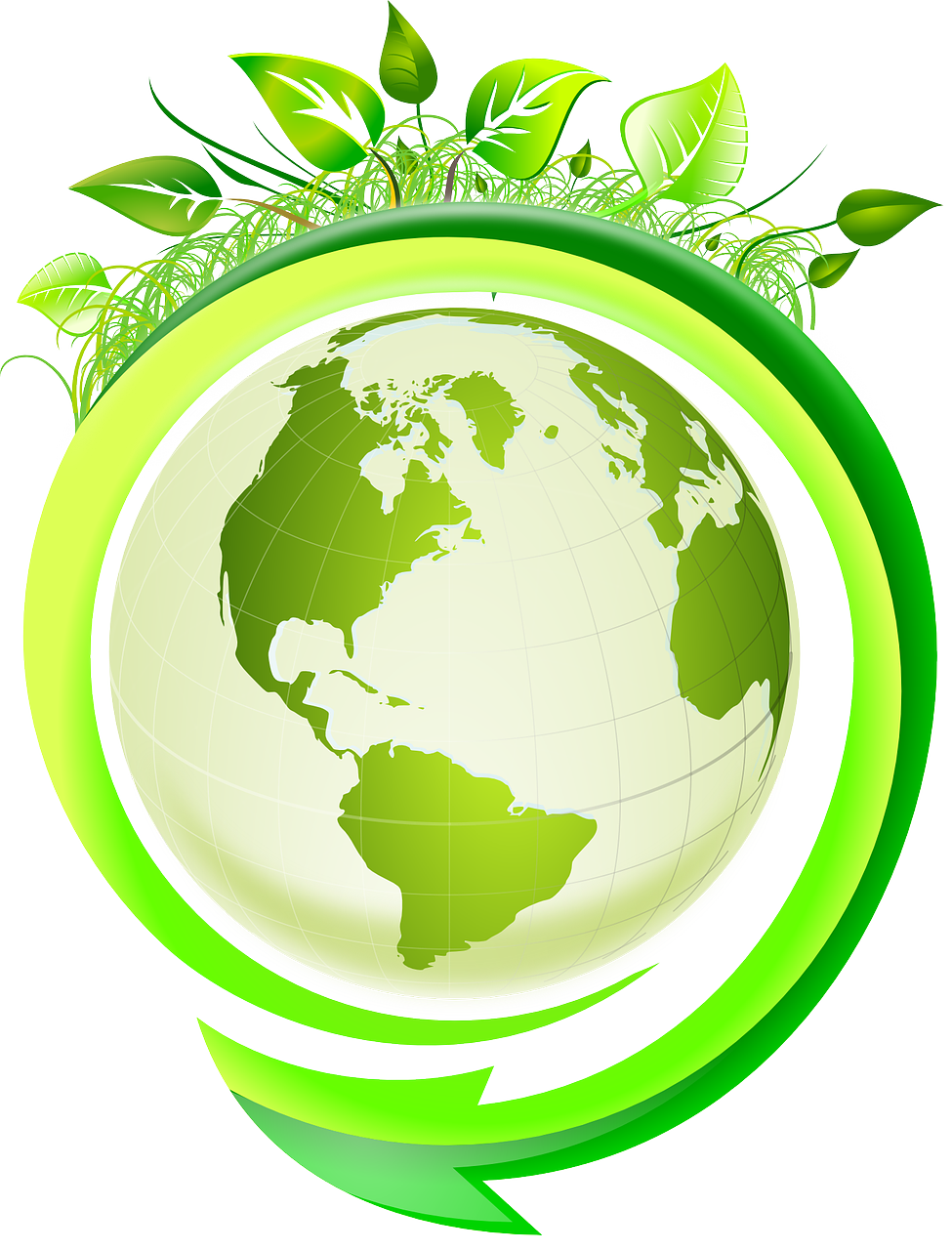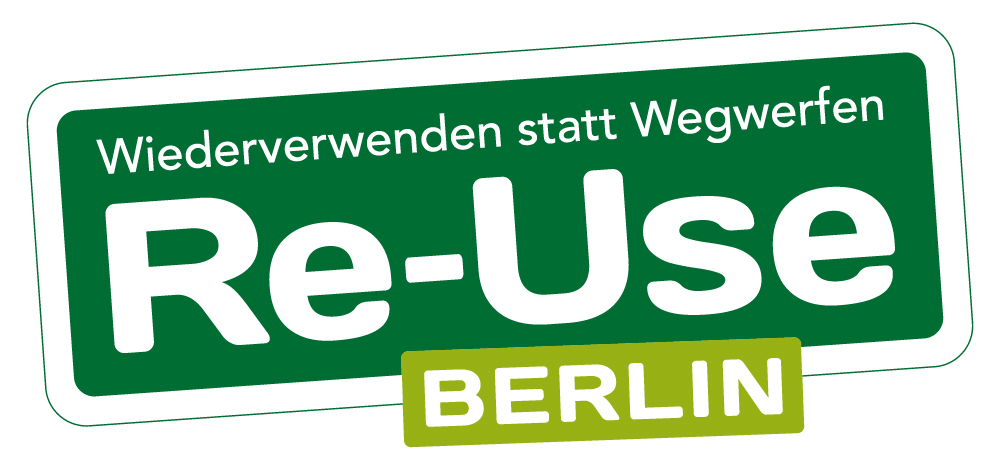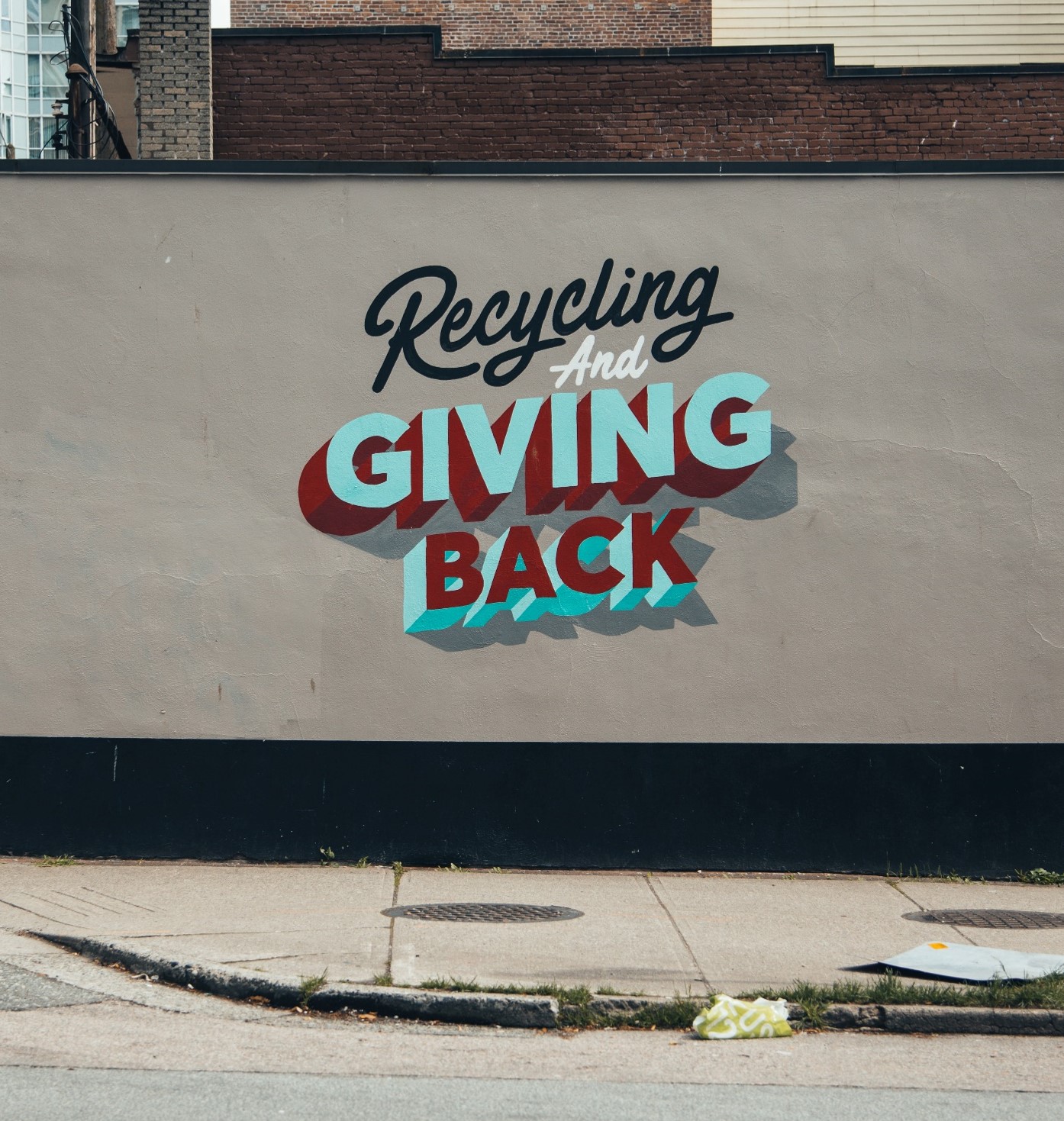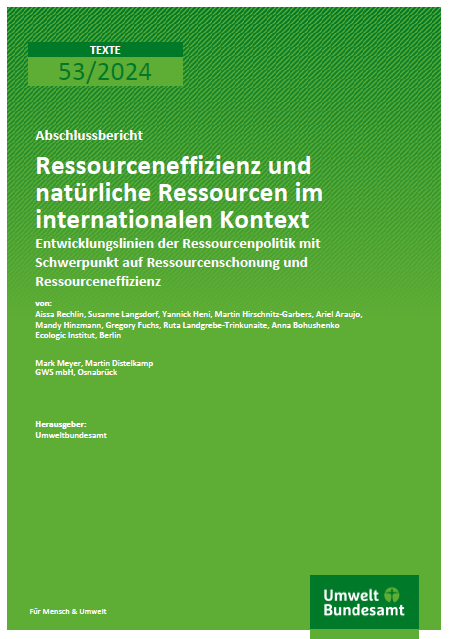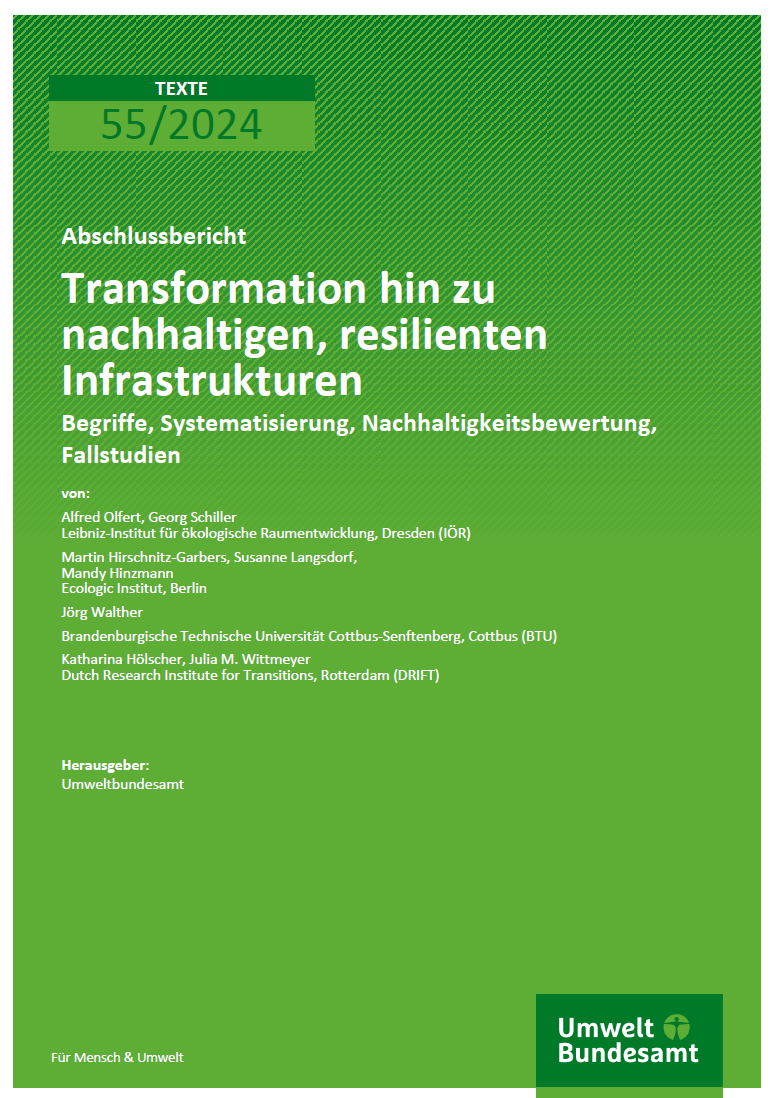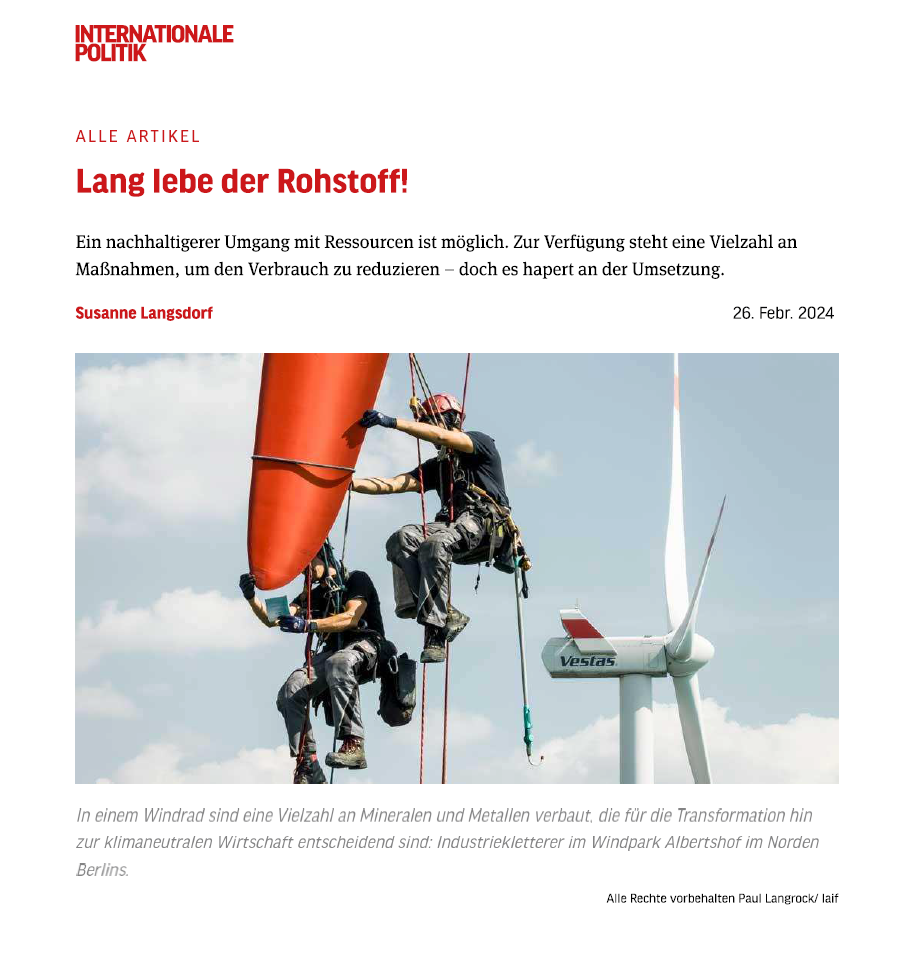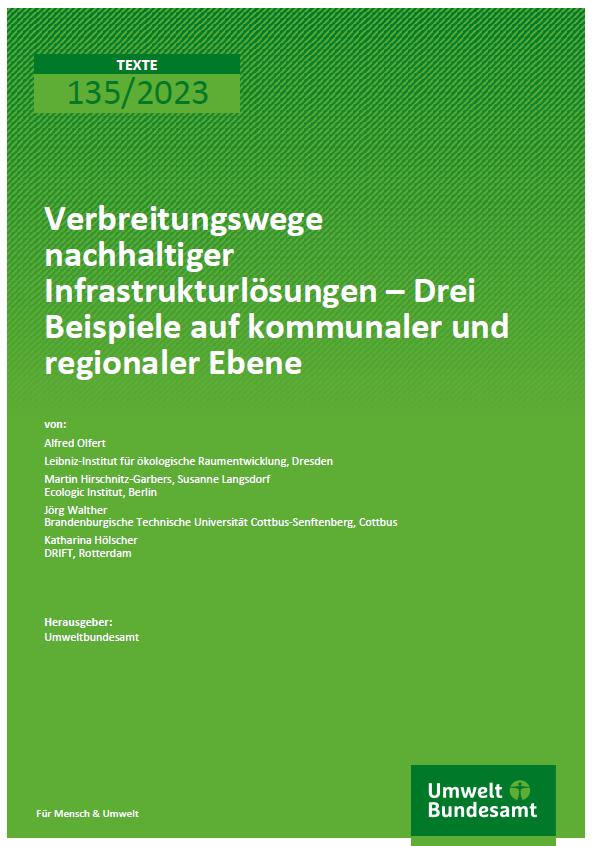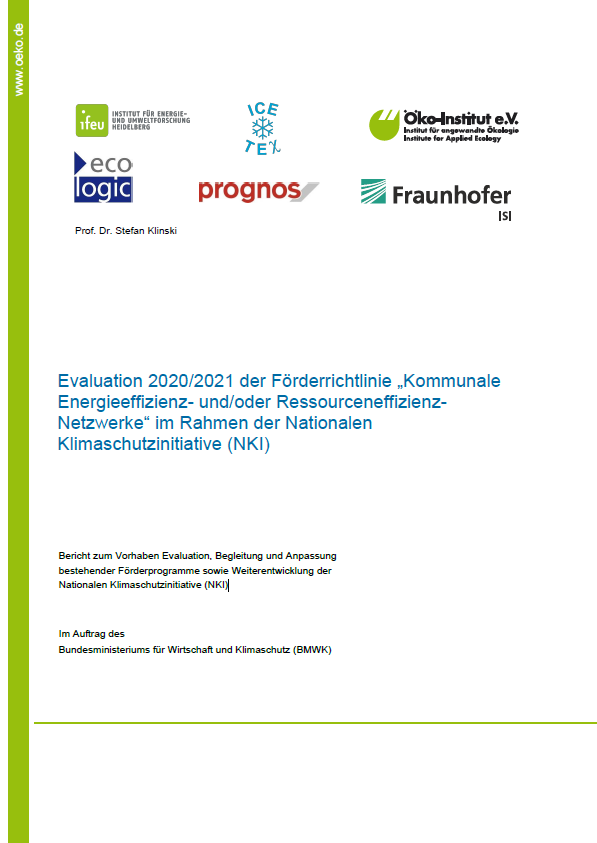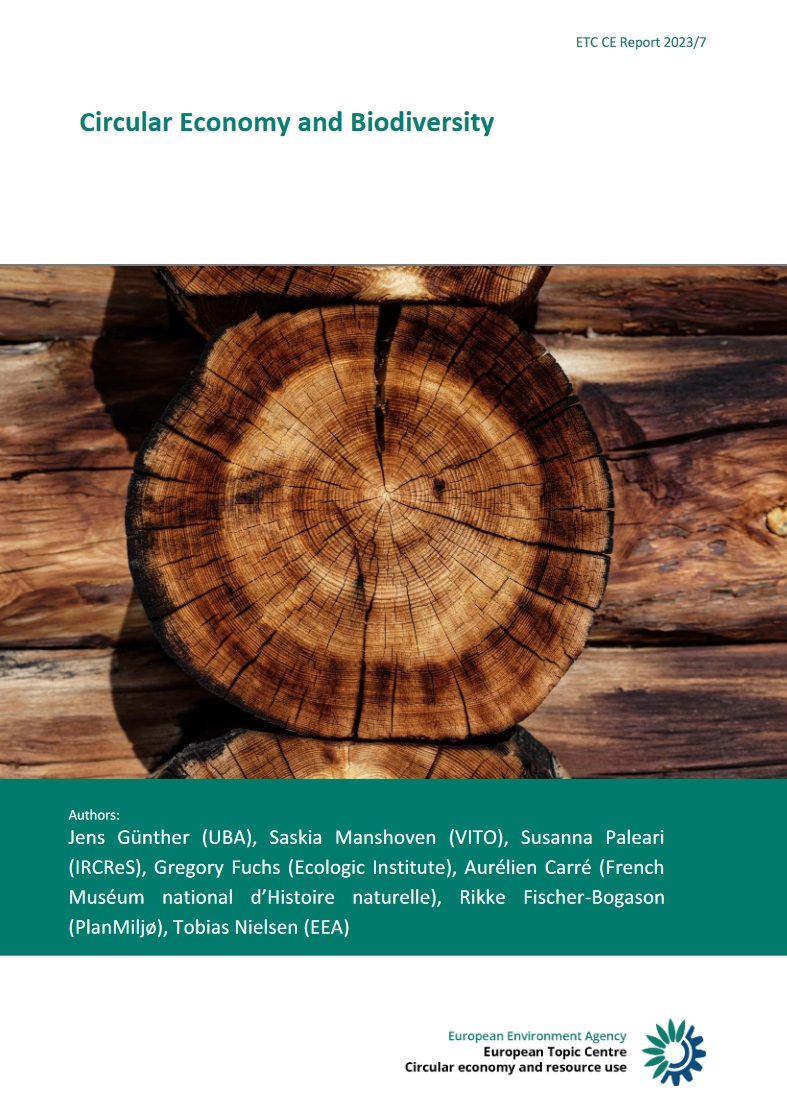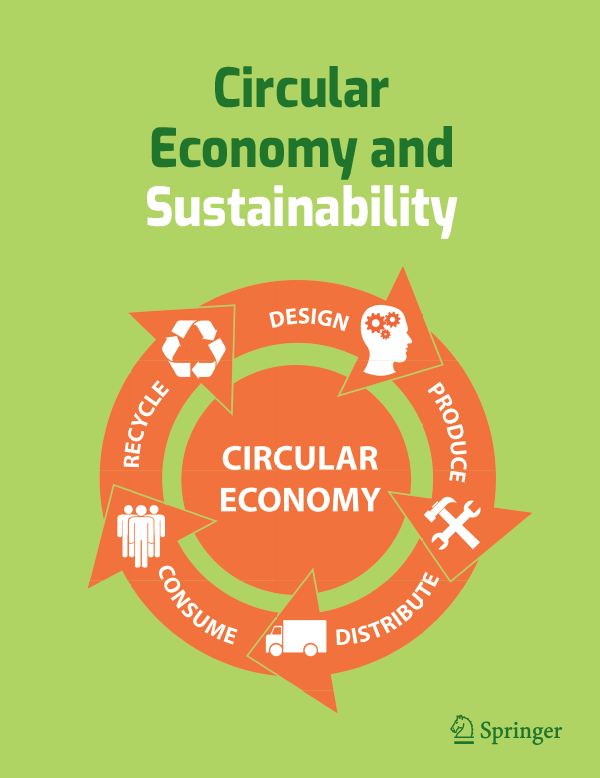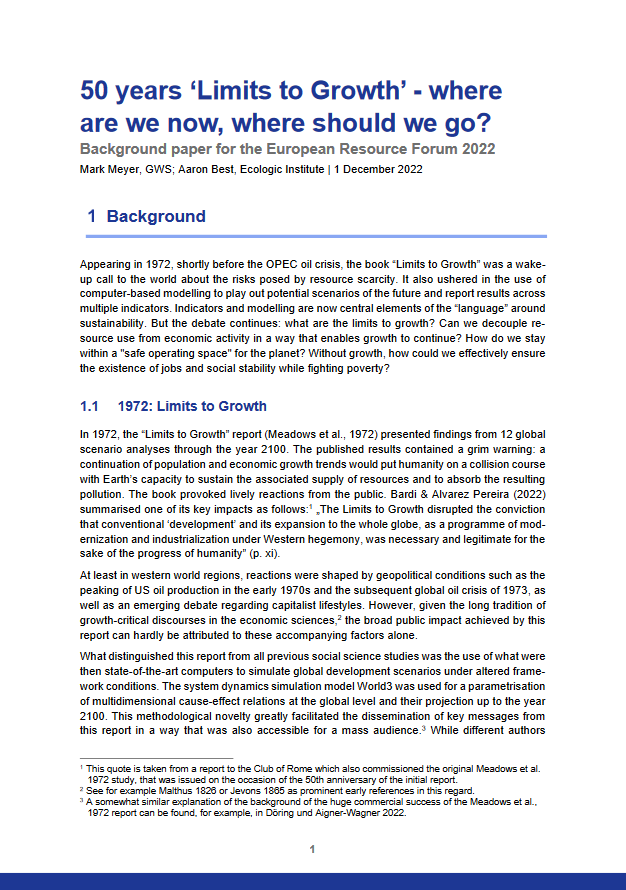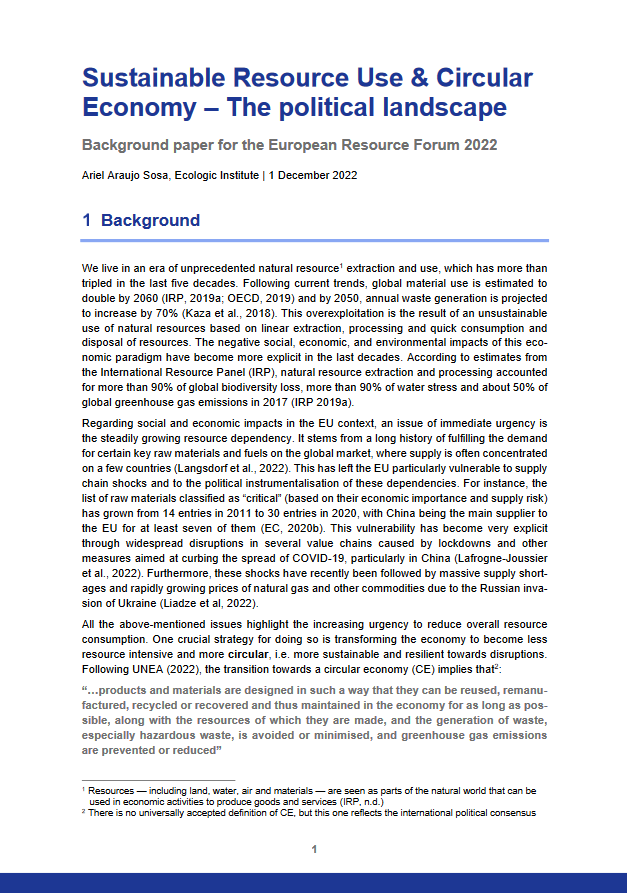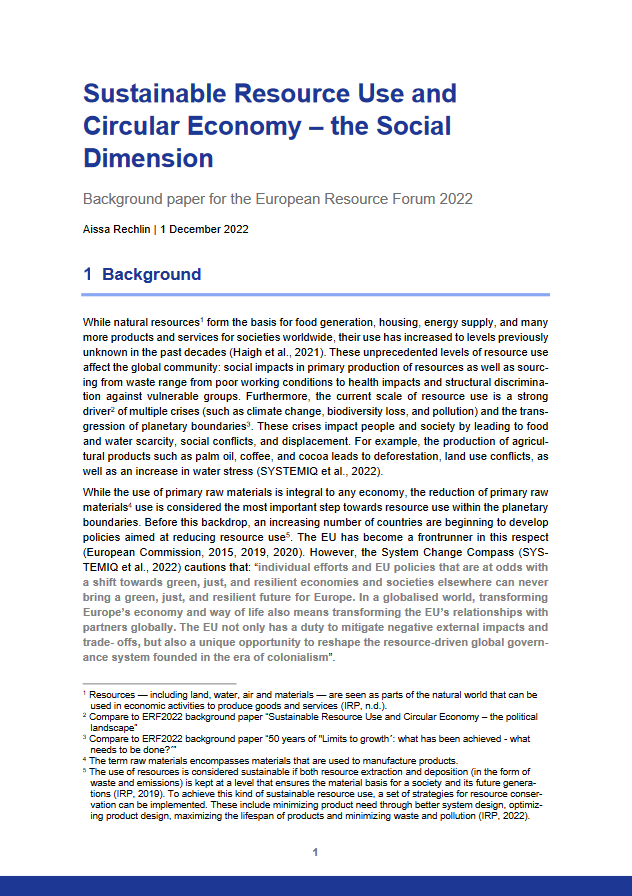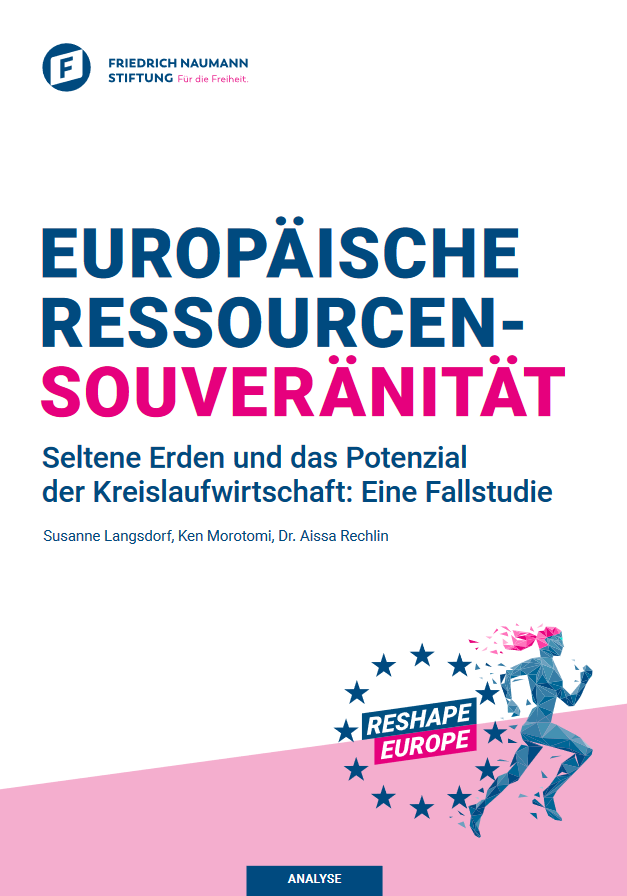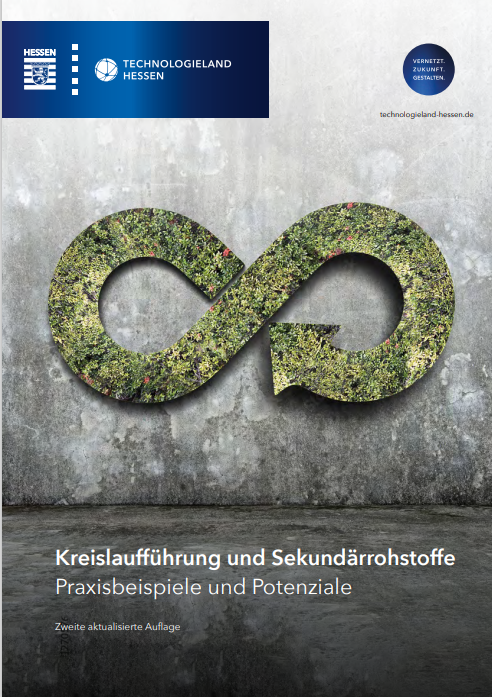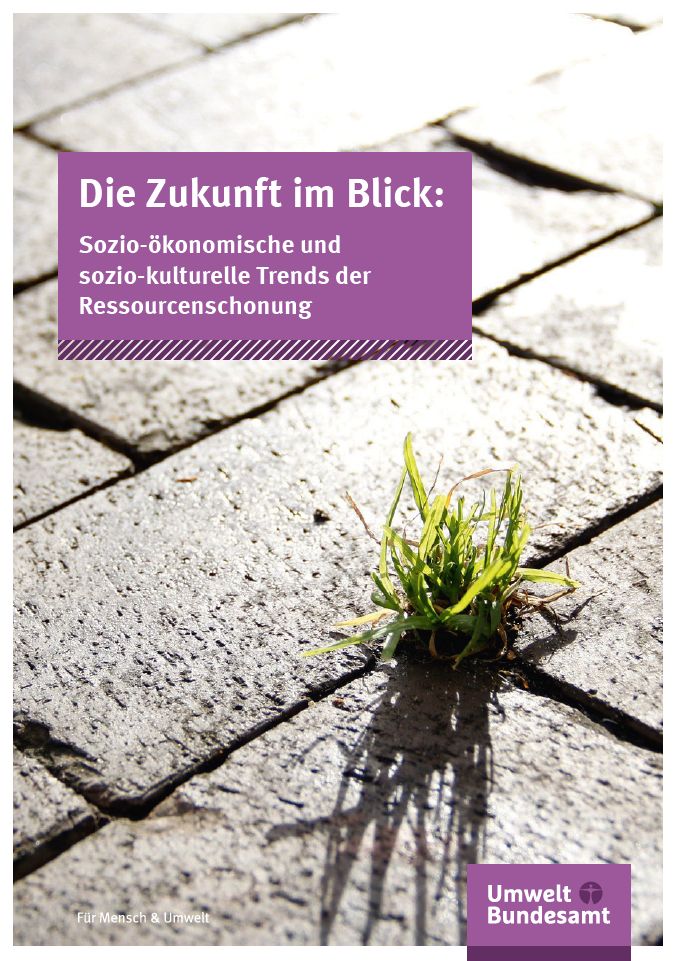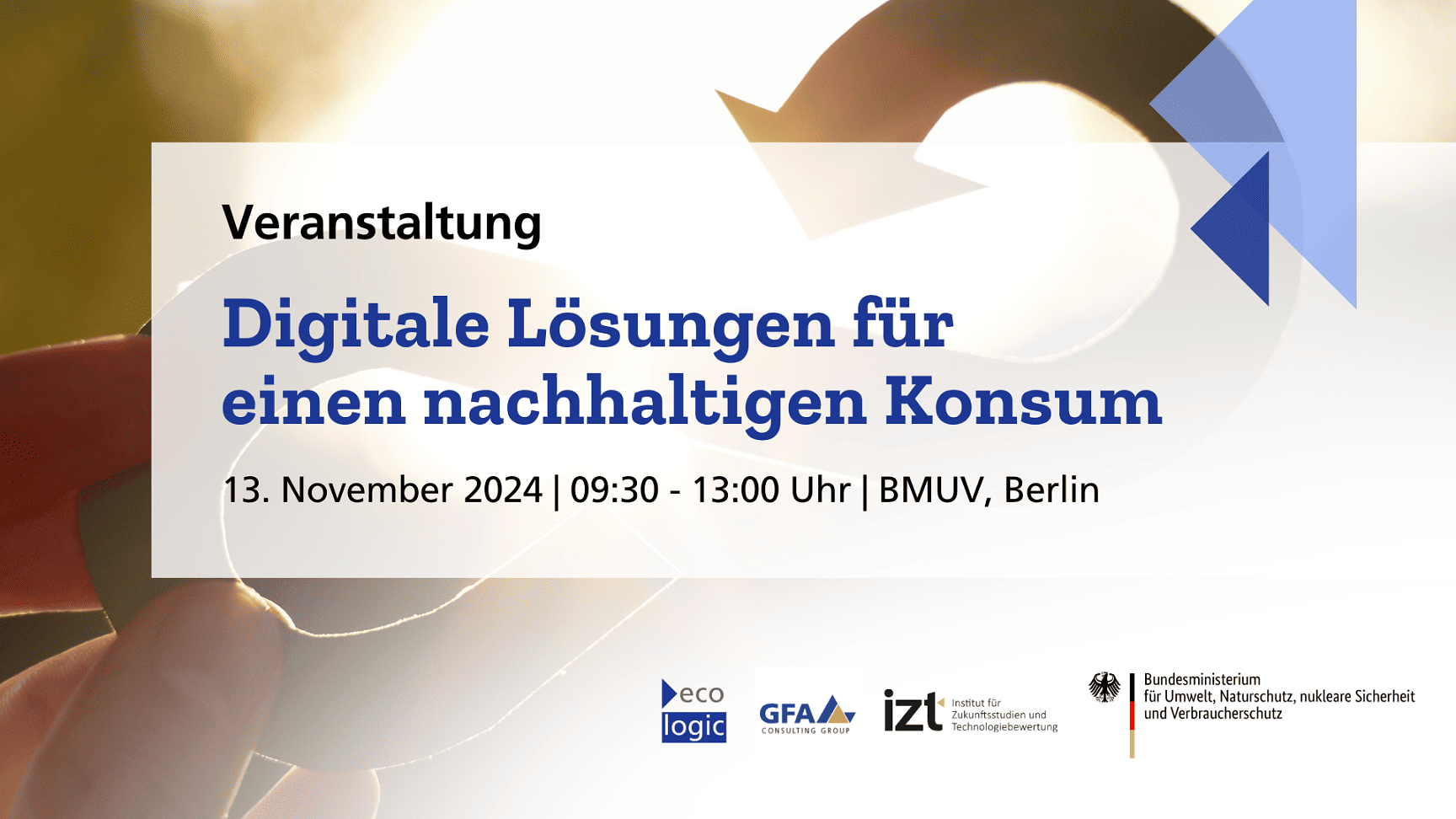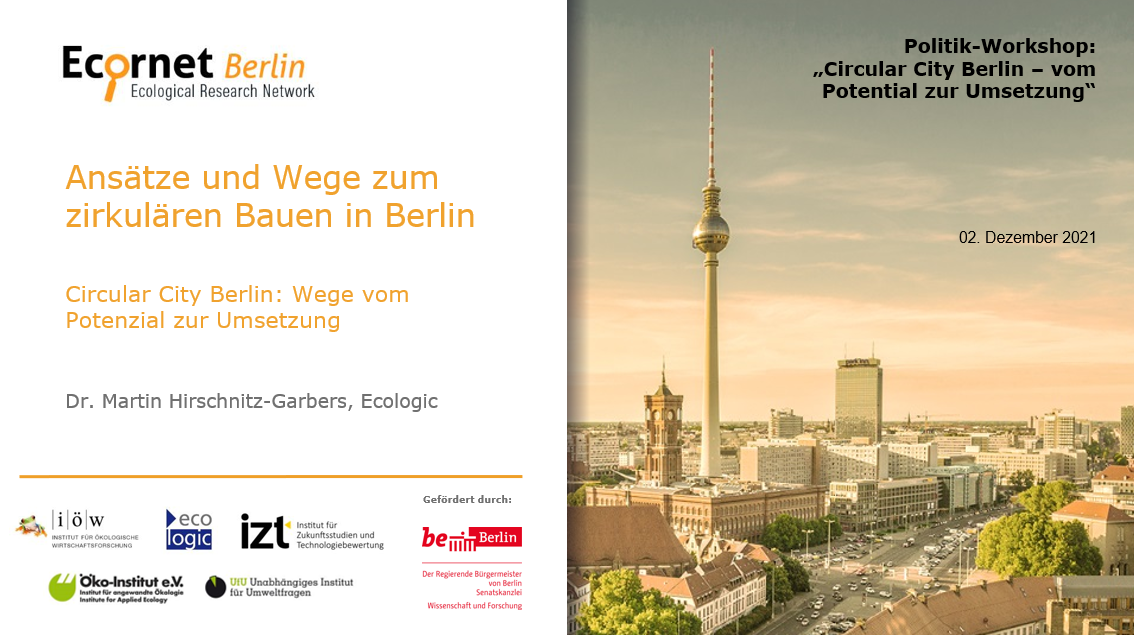Resource Conservation + Circular Economy
Raw materials form the backbone of modern economies and are key ingredients for future development. Their use has severe environmental and social impacts, from extraction to disposal. Therefore, resource conservation aims at establishing a circular economy, which keeps products and raw materials in economically valuable loops, shifting from waste to resources.
Ecologic Institute's inter- and transdisciplinary research on resource conservation and the circular economy covers areas such as resource efficiency and productivity; sustainable production and consumption; raw materials management; waste prevention, reuse and recycling; and decoupling resource use and waste generation from socioeconomic development.
Our work builds on methods from empirical social research, action research, and transformation research. The team undertakes indicator-based qualitative and quantitative assessments of policy instruments and policy mixes on resource use. Furthermore, the team investigates trends, dynamics, and processes of change that could foster reductions in resource use. Closely involving stakeholders via participatory processes, the team identifies and co-designs policy and societal options to act.
Our team works with partners from academia, industry, civil society, and governments, from the municipal to the European level. We believe that cooperation is central to deriving societally relevant and robust findings to help drive forward resource conservation and the circular economy.
Resource use is growing worldwide and expected to continue to rise. Waste generation as well as environmental impacts associated with resource extraction, in particular emissions of greenhouse gases (GHG), biodiversity loss and water stress, are also set to increase.
Key drivers for skyrocketing resource extraction encompass a growing world population with increasing income and changing consumption patterns. Further, infrastructures, value chains, institutions and governance systems rooted in linear thinking produce path dependencies. For example, a continued increase in natural resource use and its associated environmental impacts put at risk reaching both the Paris climate target and the Sustainable Development Goals (SDGs) and is not compatible with planetary space.
Therefore, action on reducing humankind's resource use and the associated ecological footprint is paramount. The Circular Economy constitutes a promising avenue for such a needed reduction.
The circular economy (CE) stands for an economy, which maintains the value of materials for as long as possible while minimising waste generation and emissions as well as generating employment by closing material loops along life cycles of products and services. The CE concept's life-cycle thinking helps to implement the waste hierarchy laid down in the European Waste Framework Directive by focusing on waste prevention (e.g. by designing out waste) as well as re-use and repair, and subsequently also recycling. For the CE to work, it needs to integrate actors and value chains from design to processing and production to consumption and after-use. Only then, can the CE exploit its potential to reduce the quantities of natural resources used and associated environmental impacts while maximizing well-being and utility. The CE holds promising potential to help achieve international climate targets in a cost-efficient way. Around one quarter of global GHG emissions are directly linked to industrial production of materials, with production of steel, cement, aluminum and plastics constituting the main source of industrial GHG emissions. Here, CE approaches can support decarburization via dematerialization. For instance, using secondary materials and designing products with alternative, low-carbon or renewable feedstock materials could reduce global CO2 emissions. Hence, the CE can be considered a key strategy to help achieving climate targets and the SDGs.
Overall, there is progress towards the CE. There are trends of diverting waste from incineration and landfilling, as the least circular and bottom-most approaches of the waste hierarchy to recycling. However, only a small fraction of material use in the European economy is sourced from secondary materials. Hence, in order to stay within planetary boundaries a system transition to mainstream and scale-up CE approaches is needed.
Implementing the CE concept systemically requires a shift from linear to circular systems, thus calling for system transformation in production, consumption and governance systems as well as in society. Hence, transitioning to the CE necessitates institutional, organizational, policy, social and technological innovation to go hand-in-hand. This presents a formidable challenge to existing systems and their (re-)design for transformation. Therefore, we need to improve our understanding of the potential economic, environmental and social (co-)benefits and impacts of such a transition. It is necessary to develop promising interventions in order to facilitate and trigger this transformation.
On the European level, and on the level of most of the EU member states, there exists a well-established and partly long-standing landscape of policies and legislation that aims at fostering the CE. However, a systemic, integrating and coherent policy seems lacking and horizontal policy integration between different policy areas is in its infancy.
Ecologic Institute focuses on analyzing trends, drivers and policies affecting the transition to a circular economy.
Contact
Related Topics
Selected Projects for Resource Conservation + Circular Economy
Resource Efficiency and Natural Resources in an International Context
- Duration
-
-
- Funding
-
German Environment Agency (UBA), Germany
Scientific Support of the Development of a Strategy for a Circular Economy in Germany
- Duration
-
-
- Funding
-
German Environment Agency (UBA), Germany
Scientific Accompanying Research on Current Discourses on Resource Conservation
- Duration
-
-
- Funding
-
German Environment Agency (UBA), Germany
Analysis and Evaluation of Certification Systems for Recycled Plastics
- Duration
-
-
- Funding
-
German Environment Agency (UBA), Germany
Sustainable Development of Infrastructures in Regions of Structural Change (TransIS)
- Duration
-
-
- Funding
-
German Environment Agency (UBA), Germany
Transformation Towards Sustainable and Resilient Infrastructures (TRAFIS II)
- Duration
-
-
- Funding
-
German Environment Agency (UBA), Germany
Policy Instruments to Increase the Use of Recycled Materials
- Duration
-
-
- Funding
-
Office of Technology Assessment at the German Bundestag (TAB), Germany
Von Peggy Greb, US department of agriculture - http://www.ars.usda.gov/is/graphics/photos/jun05/d115-1.htm, Gemeinfrei, https://commons.wikimedia.org/w/index.php?curid=10512749
Raw Material Dependency of the EU from China
- Duration
-
-
- Funding
Identifying and Assessing Interactions between International Climate and Resource Policy (ICARE)
- Duration
-
-
- Funding
-
German Environment Agency (UBA), Germany
Resource Flows in Thuringia, Germany (ThueRess)
- Duration
-
-
- Funding
-
Thüringer Energie- und GreenTech-Agentur (ThEGA), Germany
Technical, Regulatory, Economic and Environmental Effectiveness of Textile Fibres Recycling
- Duration
-
-
- Funding
-
European Commission, Directorate-General for Internal Market, Industry, Entrepreneurship and SMEs (DG GROW), International
Trend Analysis Resource Policy
- Duration
-
-
- Funding
-
German Environment Agency (UBA), Germany
Selected Publications for Resource Conservation + Circular Economy
Rechlin, Aissa et al. 2024: Ressourceneffizienz und natürliche Ressourcen im internationalen Kontext. Entwicklungslinien der Ressourcenpolitik mit Schwerpunkt auf Ressourcenschonung und Ressourceneffizienz. Abschlussbericht. Umweltbundesamt: Dessau-Roßlau.
Olfert, Alfred et al. 2024: Transformation hin zu nachhaltigen, resilienten Infrastrukturen. Begriffe, Systematisierung, Nachhaltigkeitsbewertung, Fallstudien. Abschlussbericht. Umweltbundesamt: Dessau-Roßlau.
Ecologic Institute 2024: Material world: Using resources sustainably in a time of planetary crises. Online: https://youtu.be/AhUnGqBPu7g?si=mTo5ykQVQoryE6Da
Langsdorf, Susanne 2024: Lang lebe der Rohstoff! Internationale Politik 2, März/April 2024, S. 52-57
Olfert, Alfred et al. 2023: Verbreitungswege nachhaltiger Infrastrukturlösungen – Drei Beispiele auf kommunaler und regionaler Ebene. Teilbericht. Umweltbundesamt: Dessau-Roßlau.
Knoblauch, Doris, Noebel, Rebecca, Safaricz, Nizara, Paar, Angelika, Hecker, Clemens 2023: Evaluation 2020/2021 der Förderrichtlinie „Kommunale Energieeffizienz- und/oder Ressourceneffizienz-Netzwerke“ im Rahmen der Nationalen Klimaschutzinitiative (NKI). Bericht zum Vorhaben Evaluation, Begleitung und Anpassung bestehender Förderprogramme sowie Weiterentwicklung der Nationalen Klimaschutzinitiative (NKI). Ecologic Institute: Berlin. IFEU: Berlin.
Günther, Jens et al. 2023: Circular Economy and Biodiversity. ETC CE Report 2023/7. European Topic Centre on Circular economy and resource use.
Mederake, Linda (2022): Without a Debate on Sufficiency, a Circular Plastics Economy will Remain an Illusion. Circ.Econ.Sust. doi.org/10.1007/s43615-022-00240-3
Meyer, Mark and Aaron Best 2022: 50 years 'Limits to Growth' – where are we now, where should we go?. Background paper for the European Resource Forum 2022. Berlin: Ecologic Institute.
Araujo Sosa, Ariel 2022: Sustainable Resource Use and Circular Economy – the political landscape. Background paper for the European Resource Forum 2022. Berlin: Ecologic Institute.
Rechlin, Aissa 2022: Sustainable Resource Use and Circular Economy – the Social Dimension. Background paper for the European Resource Forum 2022. Berlin: Ecologic Institute.
Langsdorf, Susanne et al. 2022: Europäische Ressourcensouveränität. Seltene Erden und das Potenzial der Kreislaufwirtschaft: Eine Fallstudie. Potsdam: Friedrich Naumann Foundation for Freedom.
Hessen Trade & Invest GmbH (ed.) 2022: Kreislaufführung und Sekundärrohstoffe. Praxisbeispiele und Potenziale. 2. updated edition. Taunusstein / Neuhof: Print Pool GmbH.
Hackfort, Sarah, Jakob Zwiers, Martin Hirschnitz-Garbers and Michael Schipperges (2020). Die Zukunft im Blick: Sozio-ökonomische und sozio-kulturelle Trends der Ressourcenschonung. German Enviroment Agency, Dessau Roßlau.
Selected Events for Resource Conservation + Circular Economy
Digital Event:Second-Hand Instead of New
- Date
-
- Location
- online
Conference:Kick-off Conference of the BMBF Funding Measure "Circular Textiles"
- Date
-
-
- Location
- Berlin, Germany
Conference:Access not Ownership: Opportunities and Challenges of the Sharing Economy
- Date
-
- Location
- Berlin, Germany
Workshop:Digital Solutions for Sustainable Consume
- Date
-
- Location
- Berlin, Germany
Digital Event:Circular Diversity: Creative solutions to promote the re-use of second-hand goods – Re-use Berlin
- Date
-
- Location
- online
Digital Event:Promoting Repair through Networks and Repair Bonuses – Re-Use Berlin
- Date
-
- Location
- online
Digital Event:Reusable Transport Packaging
- Date
-
- Location
- online via Zoom
Conference:European Resources Forum 2022online
- Date
-
- Location
- online
Digital Event:Circular City Berlin – Steps from potential to implementation
- Date
-
- Location
- online
Digital Event:The Transformation to a Circular Economy Caught between Ambitions and Realities
- Date
-
- Location
- online
Digital Event:Re-use and Recycling of Insulation Materials in Buildings
- Date
-
- Location
- online








